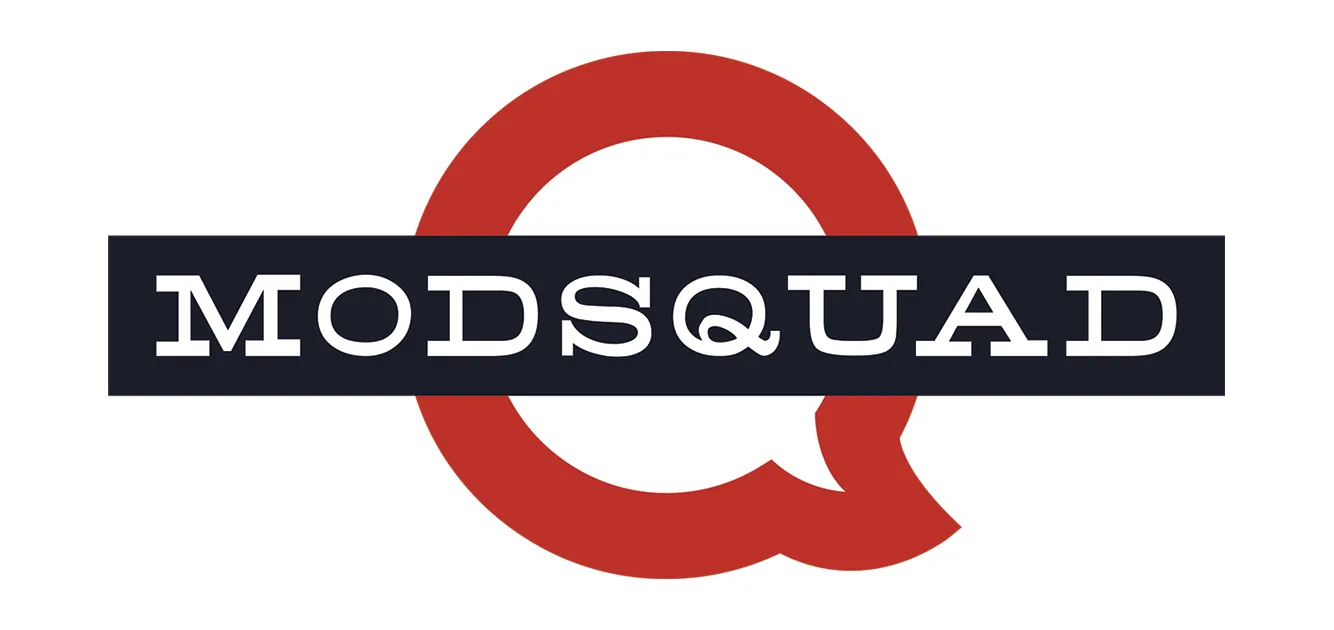
To Alias or Not to Alias, That is the Question

Creating an alias is not something a customer service guru expects to be required to make, however, in the world of kids gaming support you may need one. The most recent generation of children is going to be the first generation to grow up with the internet practically embedded in their fingertips, their knowledge of memes, the inner workings of code and the machinations of computers are bound so closely as to be practically DNA.
Their playground still consists of monkey bars and slides, but now it also includes computers and every emotional thrill and devastation that they feel echoes across the airways, in sometimes interesting forms. Recently there has been a trend of customer support staffs moving away from super personalization of agents, whereby they use their own name, and instead the industry has begun using alias’s or customer support characters to shield their support staff from being stalked, called, abused or visited by some of the more avid child gamers.
A close friend of mine and long time support and moderation staffer remembers when she was called and emailed by children. The children who reached her were essentially ding-dong ditching, they would call her up and tell her what a terrible job she was doing. They would yell obscenities at her accusing her and her company of doing them a disservice; it finally got to the point where she removed her phone number from the public directory and changed to a different number. This didn’t deter the kids from continuing to seek her out however; they used their masterful Googling skills and limitless free time to discover that through their phone’s Text-Telephone Device (TTD), designed for helping deaf people use cell phones, they were able to get an operator to read obscenities and continue to harass her.

As a project manager of a customer support project this was alarming to me, I’d never imagined that children would use the personalization that I so covet when I reach out to customer support centers for harassment. Thankfully, the head of community for our client was savvy enough to realize the potential downfalls of using real names and we moved to bland, brand-specific generic terms.

This does bring to mind several questions though, as we move towards educating our children on technology and they take that knowledge and fly, where do we draw the line? How do we protect our agents? There’s been lots of different talk in twitter and the media about how far the government can utilize the Internet and the things you put on there against you. My question is, do we need better monitoring of the Internet or do we need better monitoring of our children? Thankfully, those questions I can leave to someone with a steeper pay grade to decide, however, by allowing someone else to make those decisions doesn’t free me from my obligation to my agents. While we have moved away from using real names and over the last several months since the change I haven’t seen any negative backlash, I still worry about them and wonder if there’s something more that I can do to protect them from the storm of children.
Molly Jones
Project Manager
Photo Credits:

